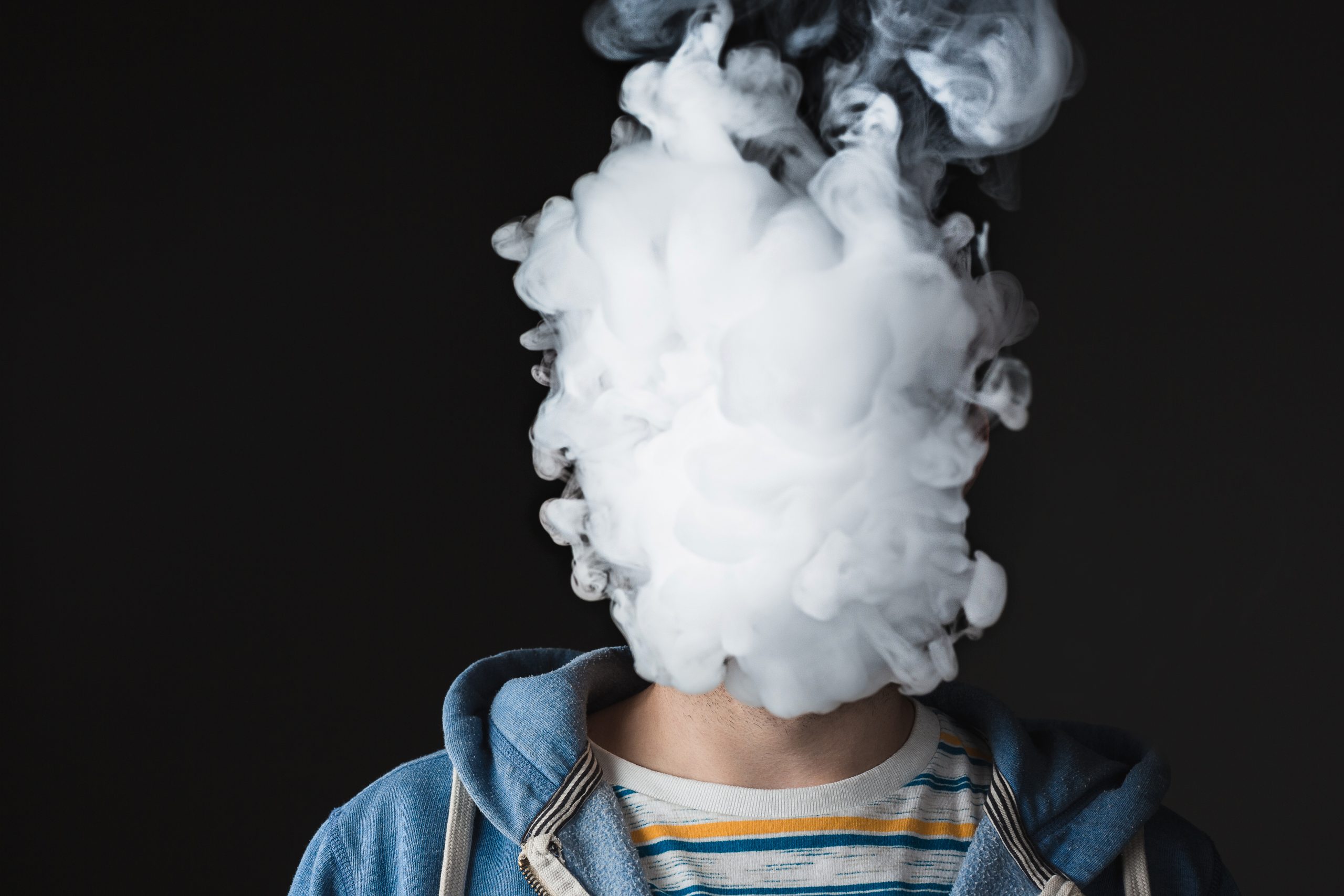

AdobeStock by master1305
In August, Education Minister Jan Tinetti told RNZ that vaping is a massive concern in the education community.
Tinetti said: “I have principals that tell me this is just about their number one issue – particularly in secondary.”
In response, Labour has said they will instate new measures against youth vaping if re-elected. Policies include:
Read the Term 3 edition of School News HERE
But some in the education community aren’t convinced. One of these educators is Nigel Frater, principal of Plateau School Te Marua and cofounder of Vape-Free Kids NZ (VFKNZ). Earlier this month, VFKNZ presented a petition to Parliament calling for urgent action on youth vaping.
These petitions gathered over 13,000 signatures in the past four months. Organiser Charlie Christie said “Parents, whānau, teachers and health experts have seen the awful toll that nicotine addiction is taking on rangatahi across the motu.”
Spokesperson Charyl Robinson said “The law changes that come into effect from October leave open loopholes that will continue to allow dairies and supermarkets to sell vapes right next door to our schools. On top of that, disposables with removable batteries will still be cheaply and easily accessible to children.”
The group would like stricter measures against vapes in New Zealand, including plain packaging and warnings on all vape products, restrictions to flavour names and varieties, a complete ban on disposable vapes, lowering nicotine levels in vapes, stronger penalties for stores found selling to minors, and more support for schools, among others.
These calls for further restriction comes as latest figures find vaping has risen to 10.1 percent of teens. Some surveys place teen vaping statistics as high as 20 percent of students vaping daily.
But Hipkins is confident new restrictions will make a “big difference” to youth vaping.
“We’ve done a lot of things already. We introduced the minimum purchasing age so that vapes can only be sold to over-18s, recently made changes to remove disposable vapes from circulation and to restrict marketing, to restrict the flavours.
“We’re now going further and saying, as we’re doing with tobacco, we’re actually going to reduce the number of outlets that you can buy vapes from.”
But Tammy Downer, another spokesperson for VFKNZ, disagrees, noting Labour’s cap only applies to “specialist” vape stores, where vapes and their accessories are the only product.
“They haven’t even put a time frame on when they would expect this cap of 600 to apply,” says Downer.
“There’s going to be more and more kids every day accessing vapes. They currently and still can get them in this policy from every dairy, supermarket and service station.”
A new parent portal from the Ministry of Education aimed at engaging parents and whānau…
The announcement of $53 million to cover teachers’ registration and practising certificate fees has been…
Applications for charter school conversion appear to have dried up after strong interest from the…
Will watching the Netflix drama Adolescence help us have hard conversations with young boys and…
Many students lack basic practical life skills like budgeting, letter writing, and preparing for a…
Educators and politicians are trying to address the current teaching shortage through different policy settings.…
This website uses cookies.